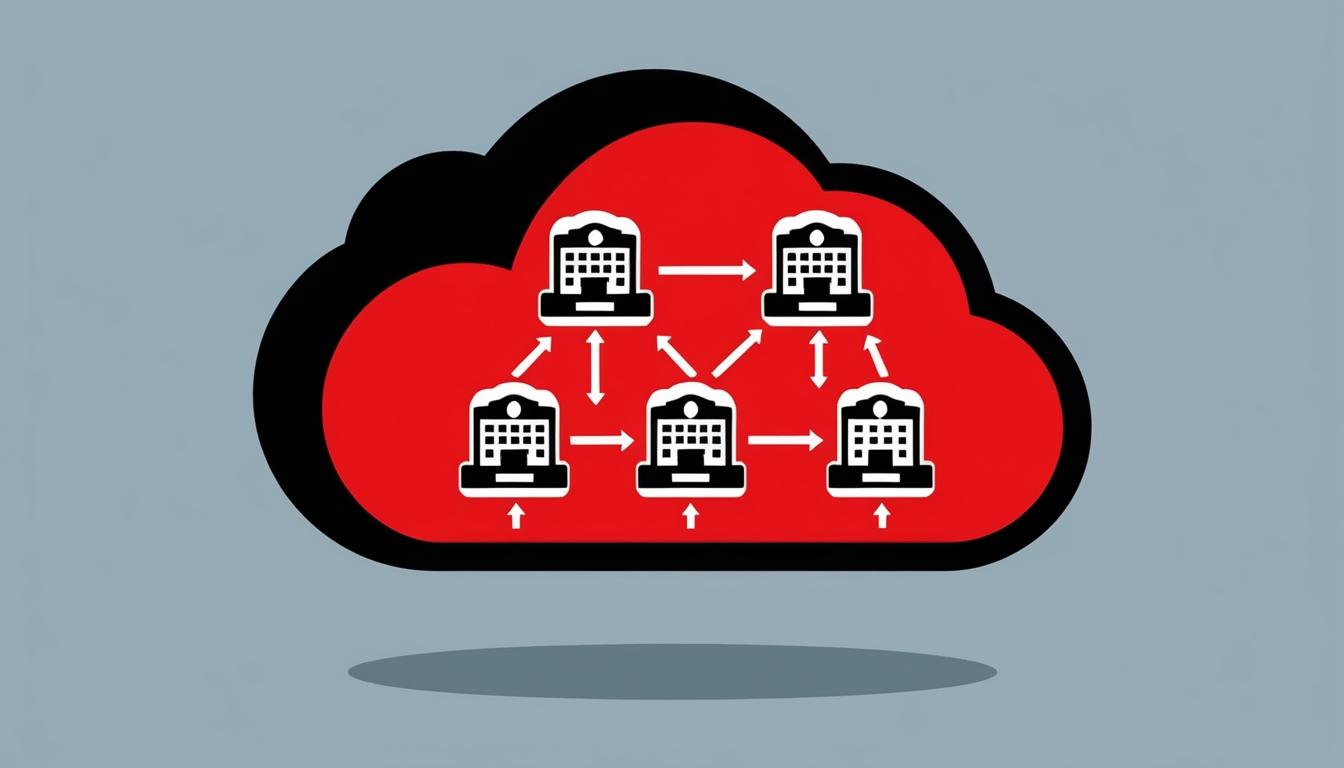The integration of enterprise resource planning (ERP) systems is becoming increasingly pivotal for various sectors, notably the hospitality industry. With a growing emphasis on customer satisfaction and operational efficiency, hotels are recognising the advantages of adopting cloud-based ERP solutions to enhance their management processes.
Cloud ERP systems have gained traction due to their versatility, adapting to specific needs such as supply chain management, inventory tracking, and financial oversight. Central to their functionality is the ability to unify scheduling across departments. This becomes paramount in hotels where multiple teams—ranging from check-in staff to housekeeping—must coordinate effectively to ensure guests receive timely services. By providing real-time access to the same information, these systems help maintain a high standard of service across varied functions.
Inventory management emerges as another significant benefit of cloud ERP systems. Hotels rely on a consistent supply of essential amenities, from toiletries to food and beverage items. An ERP system enables hotel staff to manage these inventories efficiently, ensuring all necessary items are available before guests check in. Early detection of any shortages allows for prompt resolution, thereby enhancing guest experience.
Additionally, cloud ERP systems facilitate meticulous tracking of guest bookings. They offer insights into who is due to arrive, any special requests, and other essential information. A unified staff portal enables seamless interaction among various departments, making it easier to cater to specific guest needs, whether they pertain to room allocations or dining reservations.
Another critical area is the management of customer data. Hotels accumulate extensive information regarding their guests, ranging from contact details to feedback. Securely stored data enhances future marketing efforts and optimises the overall guest experience. The ability to analyse customer feedback allows hotel management to refine their services continually.
The financial management aspect is equally crucial. By centralising financial data within a cloud ERP system, hotels ensure accurate billing and prevent potential errors, such as double charging guests. This shared access to financial data across departments and locations provides clarity on budgetary matters and can inform future financial planning.
When evaluating ERP systems, a significant choice lies between cloud-based solutions and traditional on-premise systems. While on-premise systems might suit businesses with a singular location and a strong IT department, they can introduce complications regarding server management and implementation time. Cloud solutions, such as Microsoft Dynamics 365, offer advantages like easier data access, scalability, and robust support, making them particularly beneficial for hotels with multiple branches and diverse operational needs.
Microsoft Dynamics 365 stands out as a comprehensive cloud ERP solution. Its design facilitates smooth operations within hotel environments, with an intuitive interface that staff will likely find familiar. The extensive support framework from Microsoft strengthens its appeal, ensuring that assistance is readily available should challenges arise. Furthermore, the platform’s capability to operate across various languages and regions broadens its usability for hotel chains with international presences.
As hotels continue to adapt to the evolving demands of the hospitality sector, exploring the capabilities of cloud ERP systems like Dynamics 365 presents a promising avenue for enhancing operational efficiencies and improving customer experiences. Local software providers can guide hotels through selecting the right plans and implementing the necessary systems, ensuring a smooth transition to this technological advantage.
Source: Noah Wire Services
